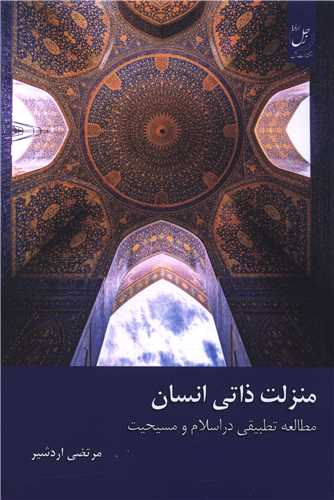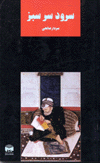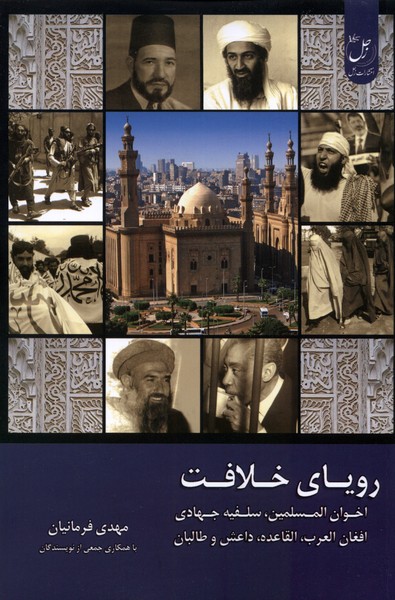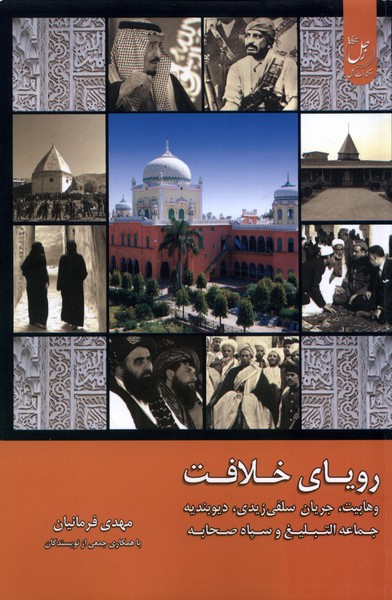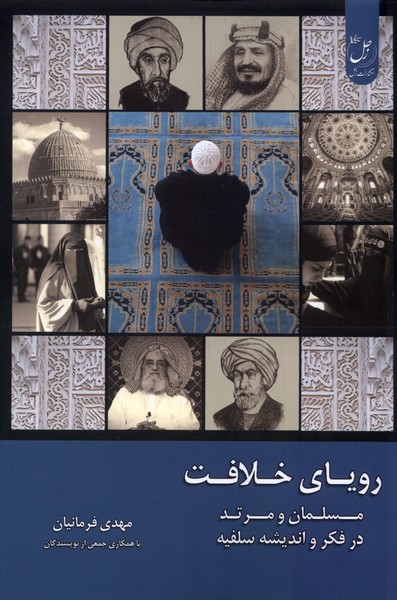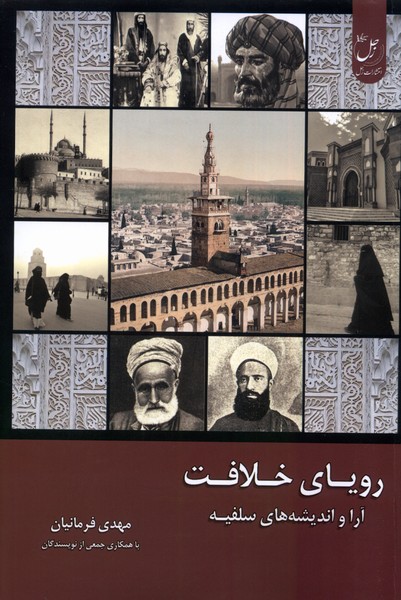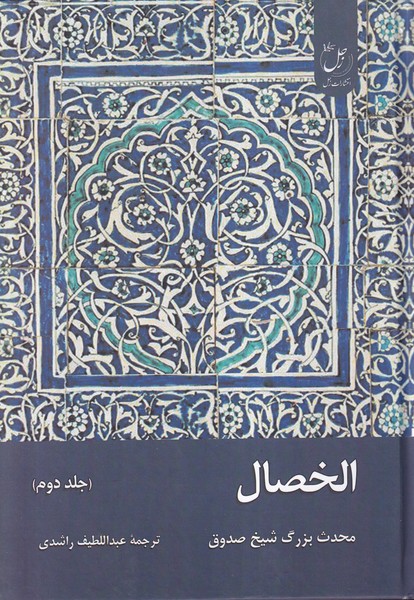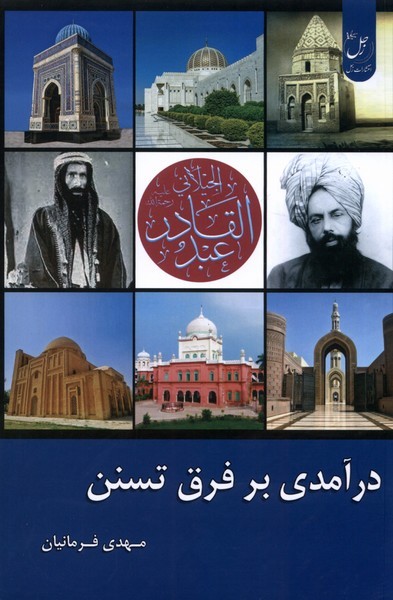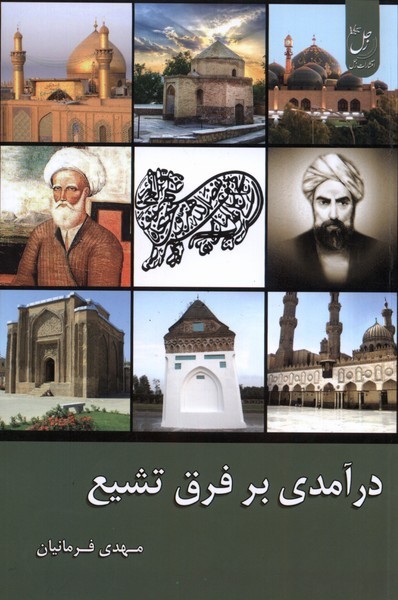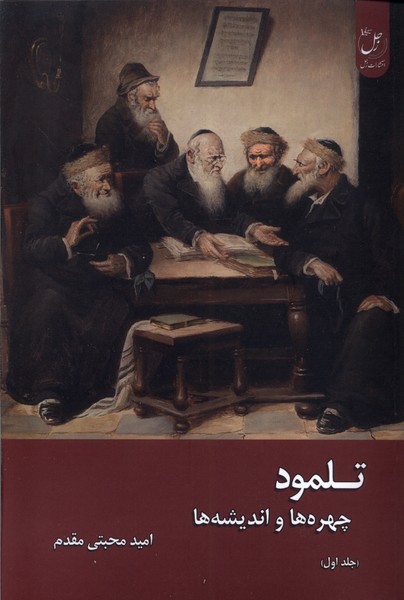Manzilat-i Zātī-yi Insān: Muṭāli'āt-i Taṭbīqī dar Islām va Masīḥīyat: Persiska (Farsi) 1402
منزلت ذاتی انسان: مطالعه تطبیقی در اسلام و مسیحیت
11,44 £
Dela
Wishlist
The Quran states that after God created man and breathed His spirit into his body, He made him His successor on earth. Adam's disobedience to God's command led to his expulsion from Paradise. The consequences of sin are expressed differently in the three traditions of Judaism, Christianity, and Islam.
In the Quran and the Old Testament, sin is not inherent and does not arise from the nature and character of man, but in the Christian perspective, all humanity is sinful, and after paying the atonement for man's disobedience with the crucifixion of Christ, man became endowed with an inherent dignity; although with a tendency to sin, man is qualified to find and enjoy his salvation.
more
در قرآن آمده خداوند پس از آفرینش و دمیدن روح خود در کالبد انسان، او را جانشین خود در زمین قرار داد. عصیان آدم از فرمان الهی، منجر به خروج او از بهشت شد. پیامد گناه در سه سنت یهودی، مسیحی و اسلامی، با تفاوت بیان شدهاند.
در قرآن و عهد عتیق گناه موروثی و ناشی از ذات و سرشت آدمی نیست اما در منظر مسیحیت همه بشریت گنهکارند و پس از پرداخت کفاره عصیان آدمی با صلیب رفتن مسیح، انسان برخوردار از منزلت ذاتی شد؛ هرچند با تمایل به گناه، انسان صلاحیت یافتن و برخورداری از رستگاری خود را دارد.
more

